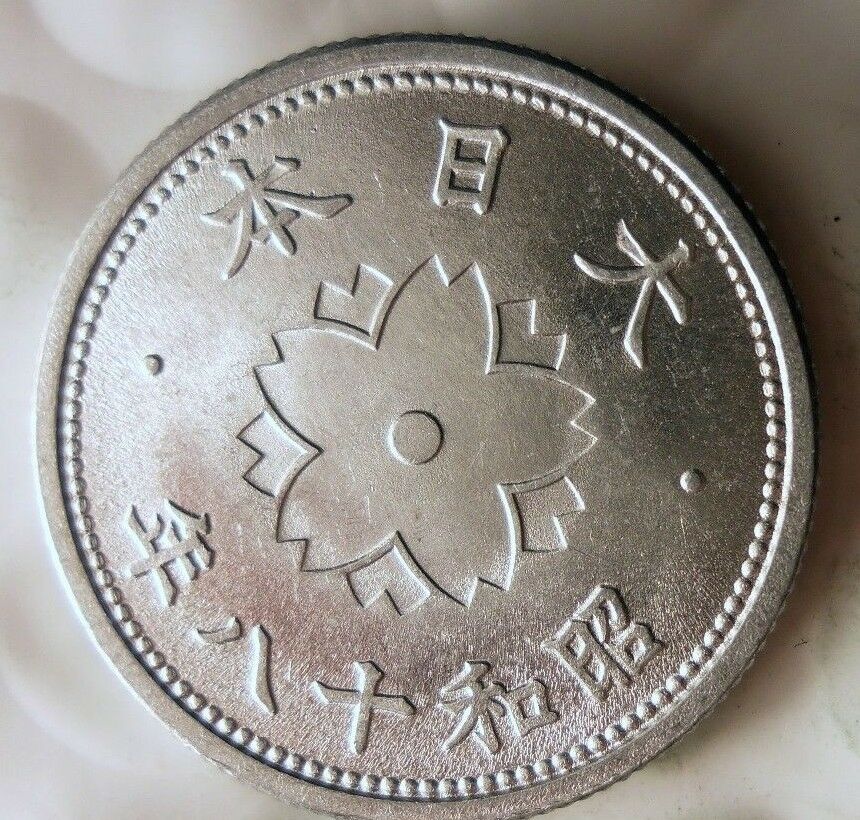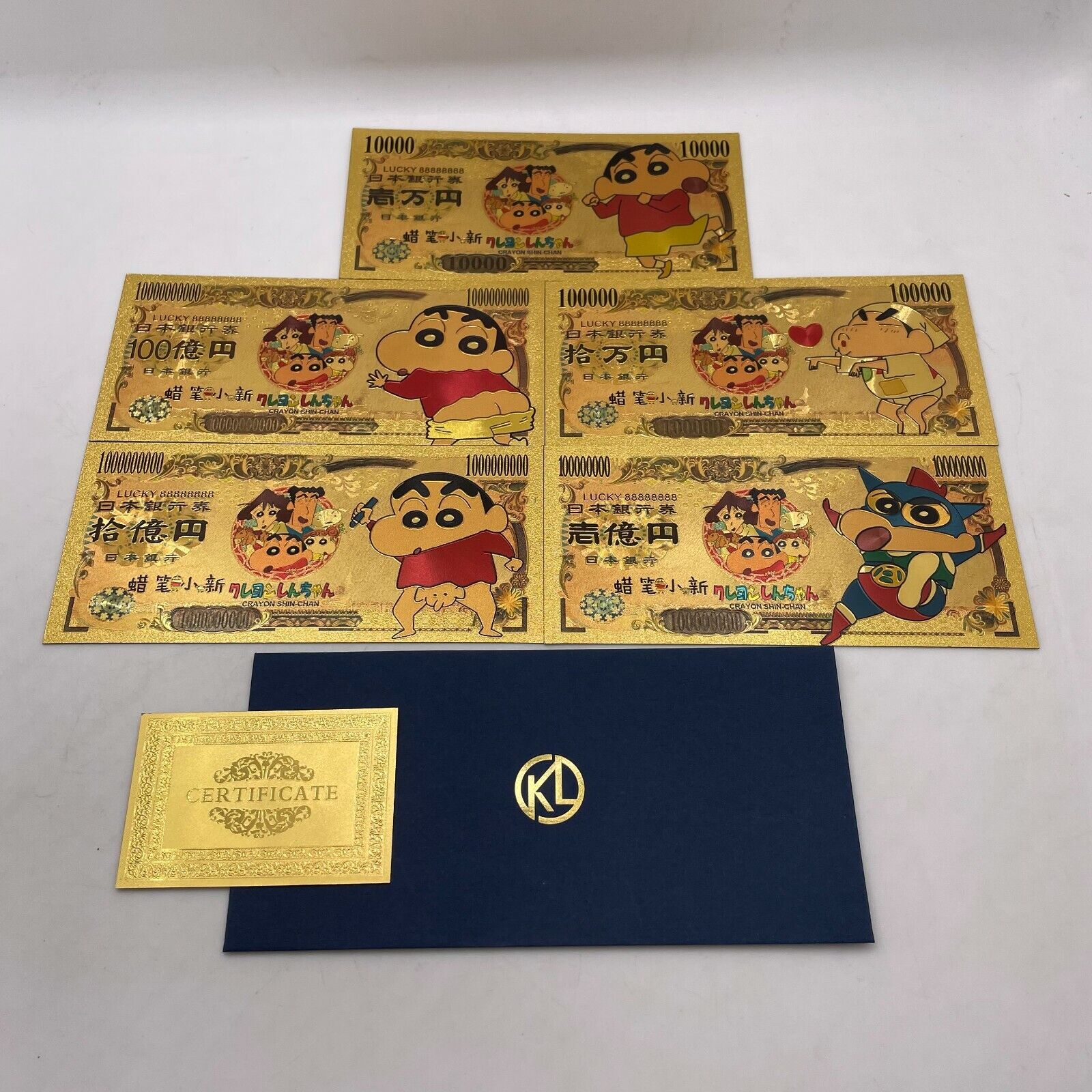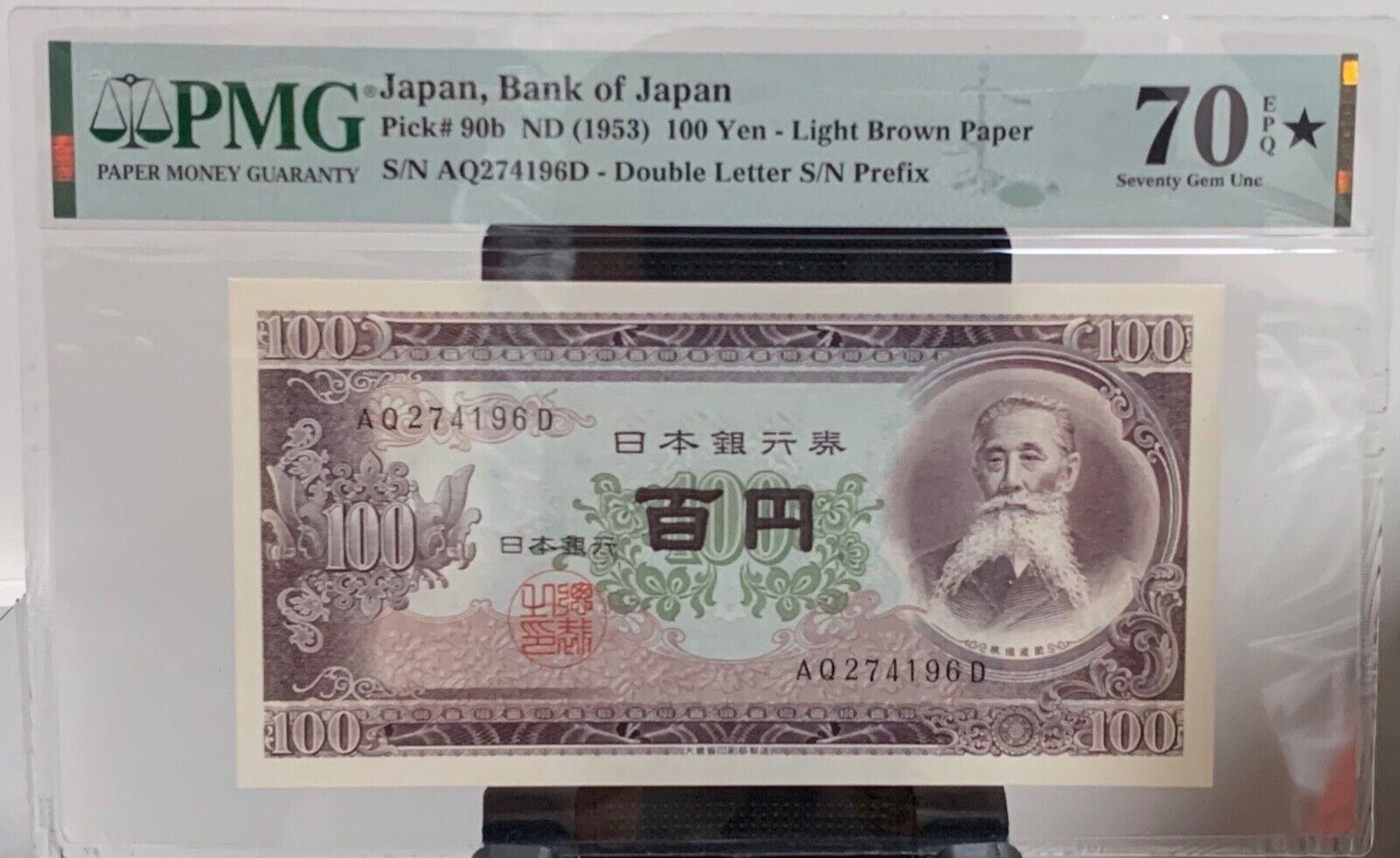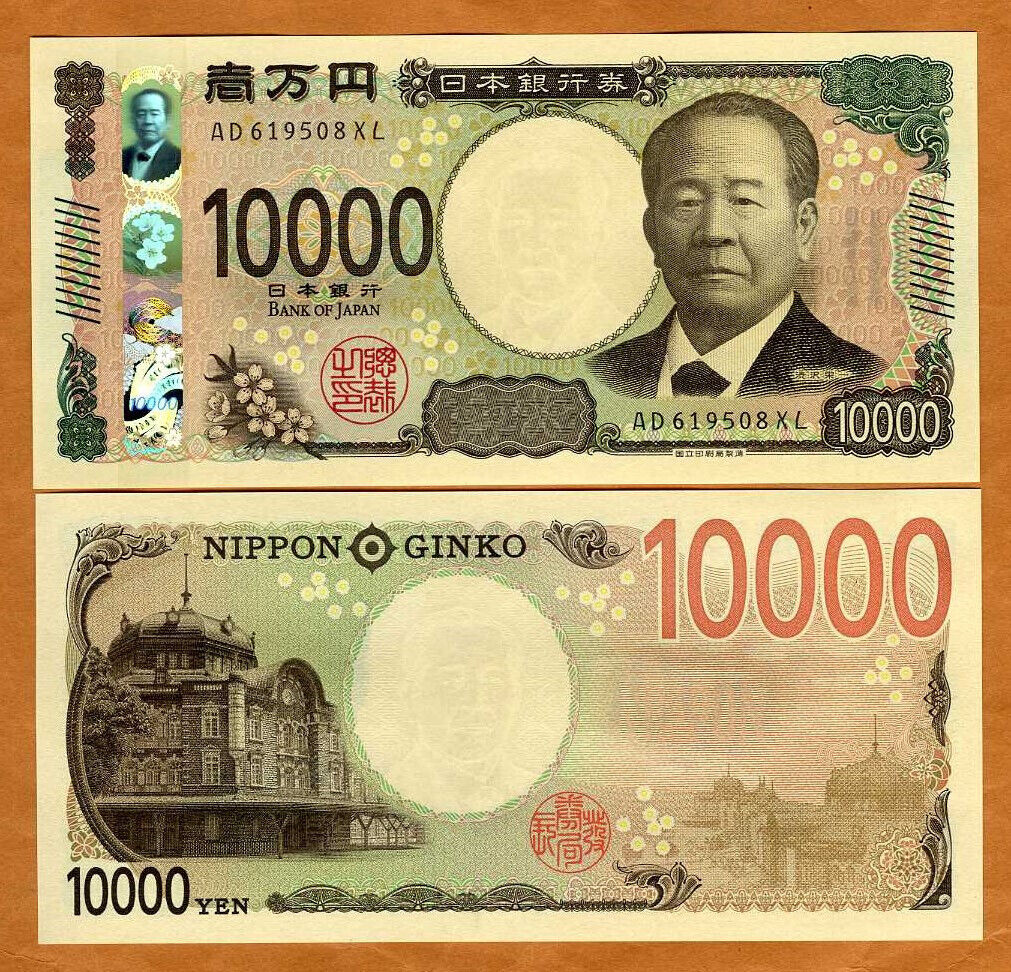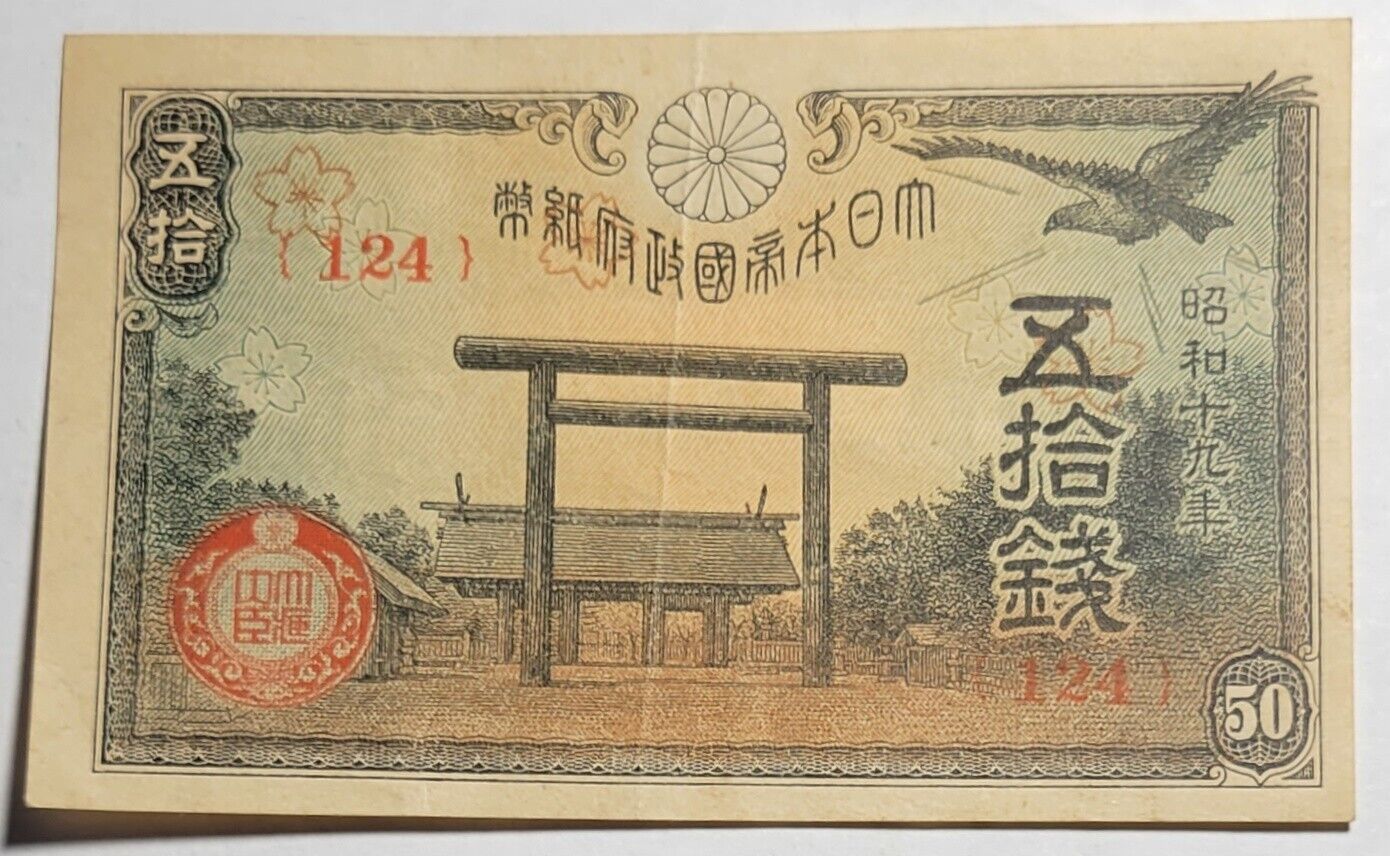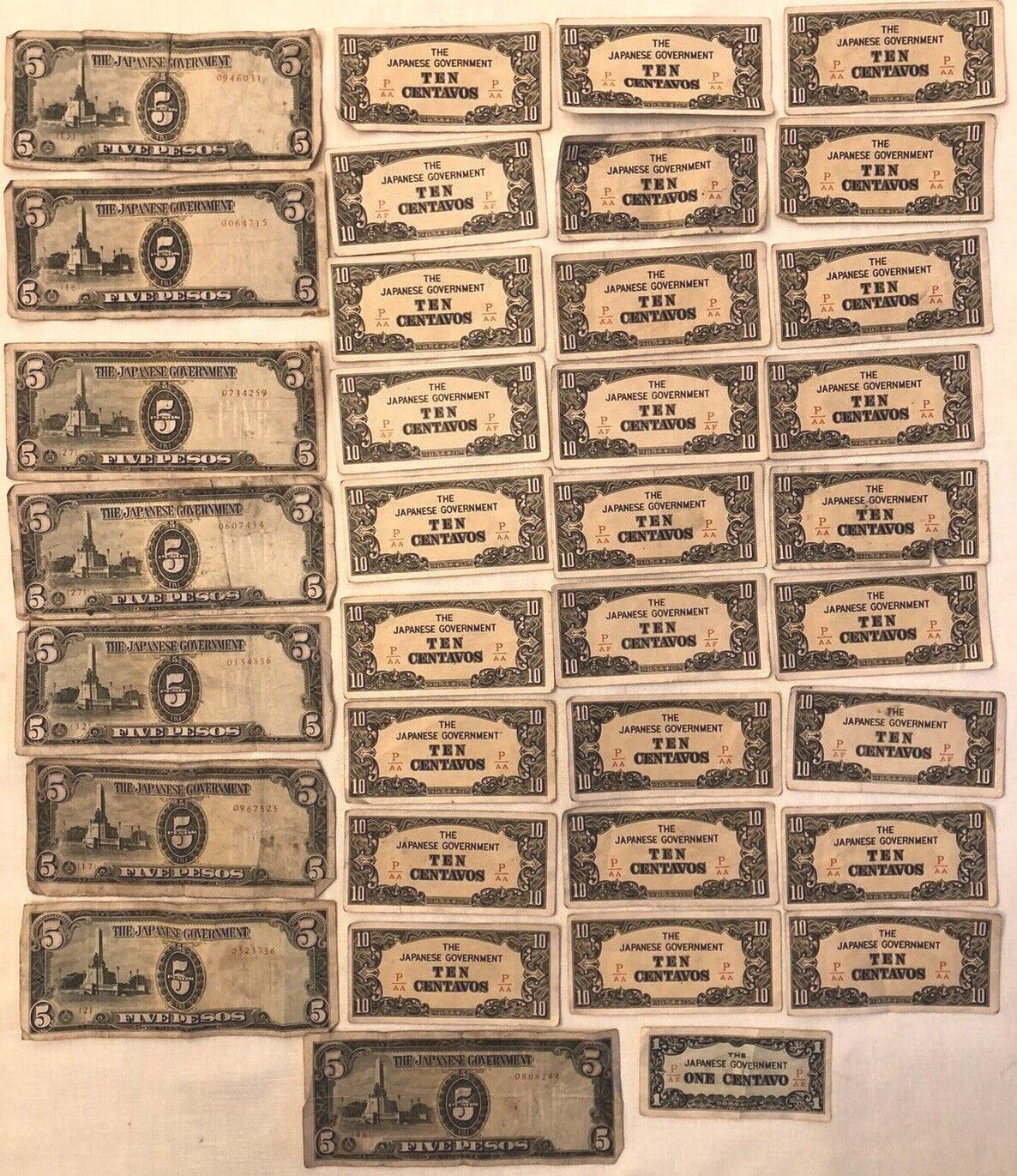-40%
JAPAN SAMURAI VERY RARE HANSATSU NOTE. XVIII CENTURY. 9RW 28ABRIL
$ 7.91
- Description
- Size Guide
Description
JAPAN SAMURAI VERY RARE HANSATSU NOTE. XVIII CENTURY. 9RW 28ABRILHansatsu note, issued by Amagasaki Han (尼崎藩) in the sixth year of An'ei period (1777 AD). Amagasaki Han was located in Settu-no-kuni (攝津国, now Hyogo Prefecture). The face value is Ten Monme in silver.
Paper money issued by the feudal clans – the "han", hence the term "hansatsu" – differed from Yamada Hagaki in that it effectively demanded respect as legal tender substituting all gold, silver and copper transactions within the borders of the region issuing the notes. Local authorities supported their paper monies by prohibiting the circulation of species money and by imposing charges on any exchange of paper and metal money within their reach. Hansatsu notes were almost always authorized by the shogunate – by the same shogunate which strove for a unified metal based currency and for supremacy over the feudal lords. Hansatsu issued by a region could, so the laws, not claim any value outside their region. The hansatsu currencies financed and stabilised regional power on the regional level – a stabilisation the shogunate could approve of especially if it became the superior power granting the rights to issue such money. The Fukuyama and the Bingo regions played a leading role in the introduction of hansatsu in the 1630s, the second half of the 17th century saw paper money winning trust throughout the country. The shortage of metal and the massive debasement of the coin implemented by the shogunate in the 1690s did everything but increase the trust in money the central authorities offered. In 1707 the shogunate finally banned all paper money – allegedly a measure designed to curb abuse stemming from the unlimited circulation of hansatsu outside their respective homelands. The measure played, however, its much more important role in the second step of the debasement of Japan's metal money. With the ban of 1707 more than 50 feudal clans had to change hansatsu they had issued into specie the shogunate issued. Those who changed paper money into gold and silver lost about half of the money they had invested to acquire the paper notes – to the advantage ot the central government issuing the new metal money it could otherwise hardly have brought into circulation.
Shipping and handling:
Save on shipping costs by adding more items to your order.
See here below combined shipping costs for several banknotes:
From 1 to 20 banknotes
Shipping cost 6.50$
From 21 to 50 banknotes
Shipping cost 8.00$
From 51 to 80 banknotes
Shipping cost 9.50$
Visit my store to add more items or better costs and savings
In those adds where several banknotes are available, we will send one of them randomly. Banknote quality will be the same as described and the same than banknotes scanned. If you have preference in one of those banknotes scanned, let us know and we will send it if available (please include number series in order or separate email).


